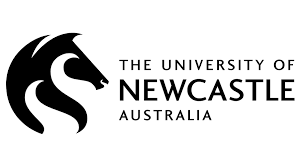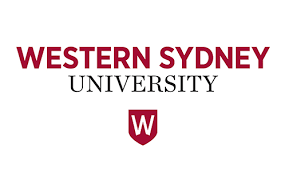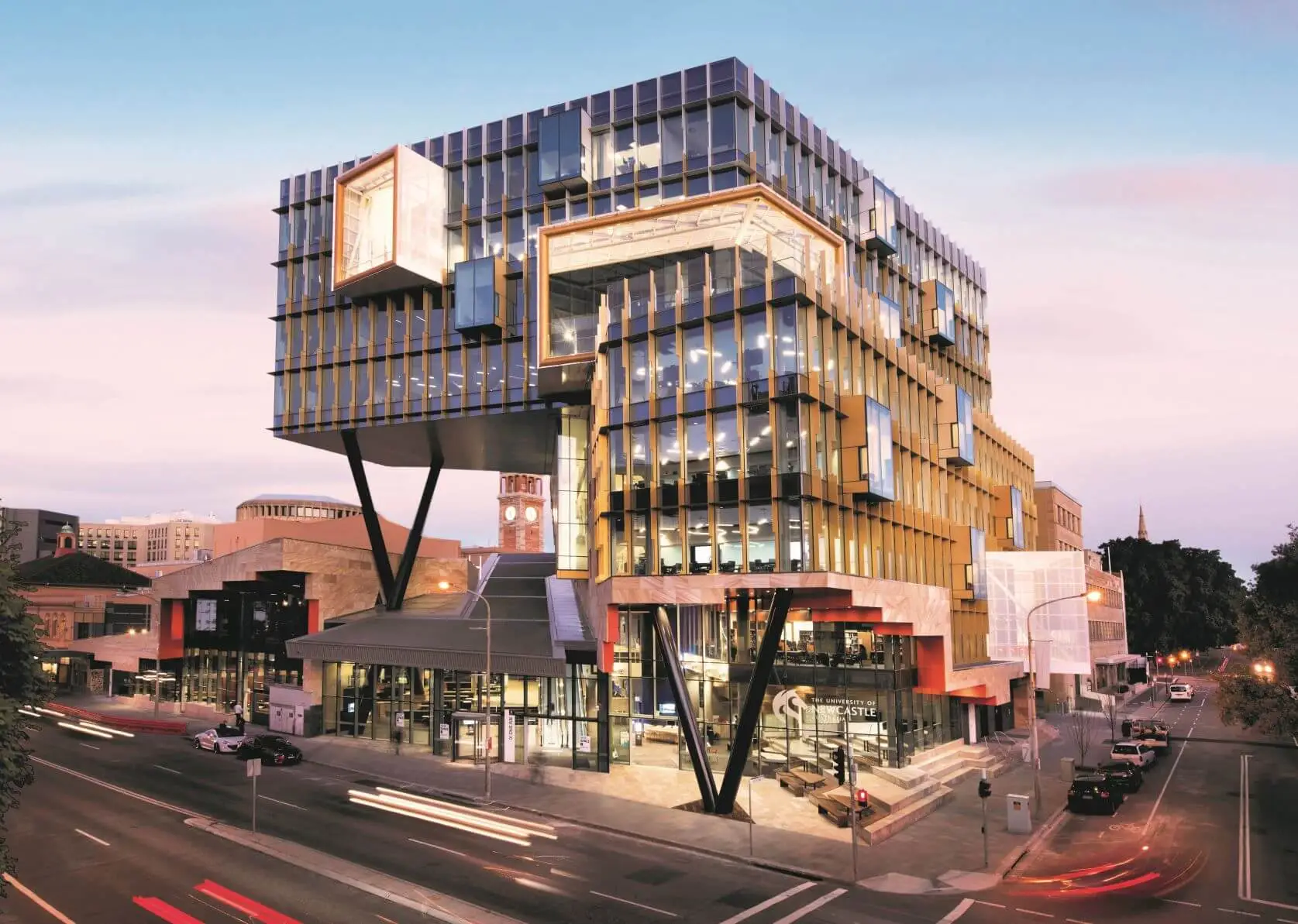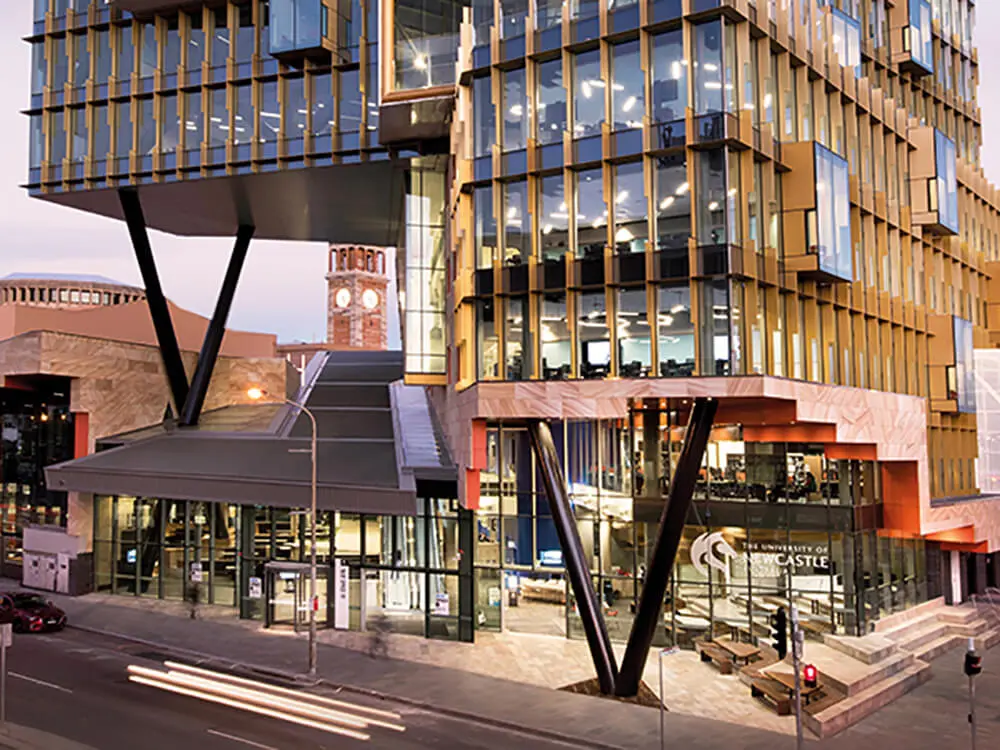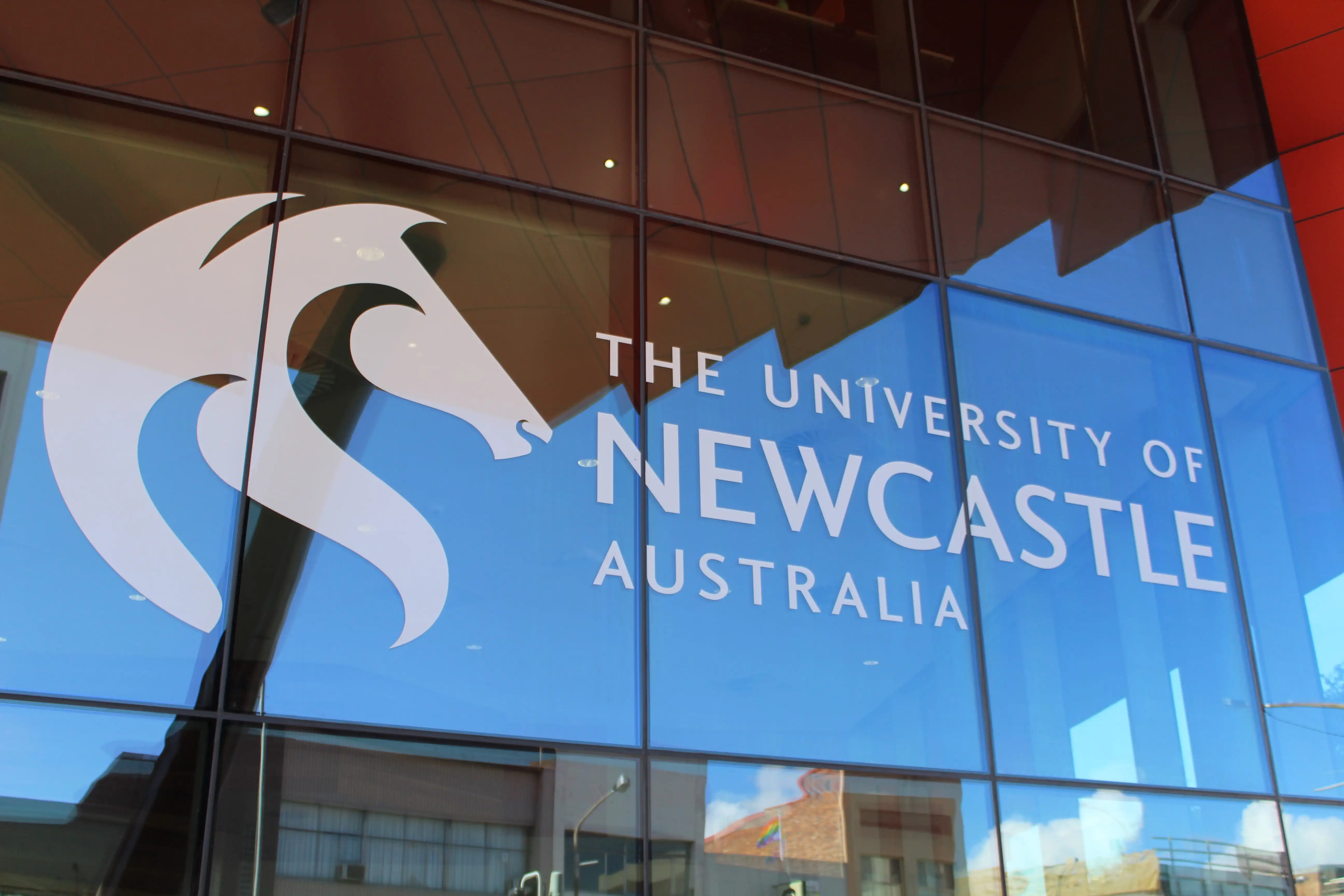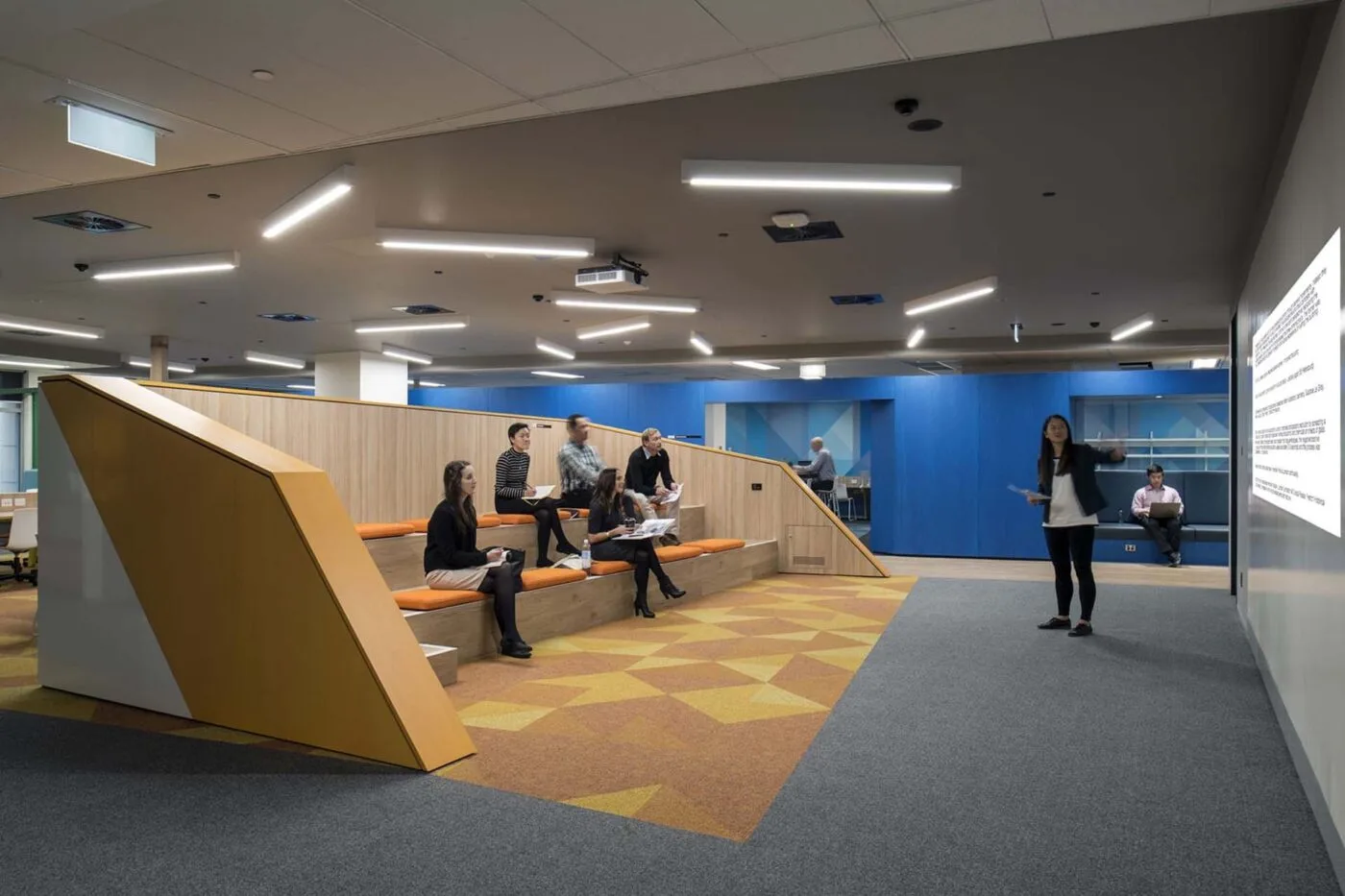About

University Type
Public

New South Wales,
Australia

Year Established:
1965
The University of Newcastle is a public university in Newcastle, New South Wales, Australia. Established in 1965, it has a primary campus in the Newcastle suburb of Callaghan. The university also operates campuses in Central Coast, Singapore, Newcastle City, and Sydney CBD.
Historically, the University of Newcastle Medical School has implemented the problem-based learning system for its undergraduate Bachelor of Medicine program – a system later mandated for use by the Australian Medical Council throughout Australia. It pioneered the use of the Undergraduate Medicine and Health Sciences Admission Test (UMAT) in the early 1990s. UMAT has since been accepted widely by different medical schools across Australia as additional selection criteria.
The University of Newcastle is a member of the Australian Technology Network, Universities Australia, and the Association to Advance Collegiate Schools of Business.
Rankings

#179
QS

#235
USNews

#275
THE
University of Newcastle Program Rankings
-
Civil Engineering (Honours) (UG) - Rank #125 (QS)
-
Environmental Engineering (Honours) (UG) - Rank #175 (QS)
-
Electrical & Electronic Engineering (Honours) (UG) - Rank #225 (QS)
-
Computer Systems Engineering (Honours) (UG) - Rank #275 (QS)
-
Mechanical Engineering (Honours) (UG) - Rank #275 (QS)
University of Newcastle Highlights
FAQs
What are the most popular graduate programs offered at University of Newcastle?
The University of Newcastle is renowned for its strong focus on Engineering, Medicine, and Business Administration. These programs are popular due to their comprehensive curriculum and strong industry connections, providing graduates with high employability rates. Additionally, the university’s programs in Law and Education also attract a significant number of students, thanks to their innovative teaching methods and research opportunities.
What is the Annual Cost of attendance at University of Newcastle?
The annual cost of attendance for international students at the University of Newcastle typically ranges from AUD 30,000 to AUD 36,000 for tuition, depending on the program. Living costs are approximately AUD 18,000 to AUD 20,000 per year. Totaling AUD 48,000 to AUD 56,000, this converts to approximately INR 25,56,800 to INR 29,82,400 (conversion rate: 1 AUD = 53.27 INR), rounded to the nearest hundreds.
What Financial aid and scholarship options are available at University of Newcastle?
The University of Newcastle offers a variety of scholarships and financial aid options to both domestic and international students. These include academic merit scholarships, need-based grants, and specific awards for research and innovation. Prospective students can apply for scholarships via the university’s official website, where they can access detailed information on eligibility criteria, application deadlines, and required documentation.
What is the reputation and ranking of University of Newcastle?
The University of Newcastle holds a strong reputation, particularly in research and innovation. It is ranked within the top 200 universities worldwide according to QS World University Rankings. Specific programs like Nursing, Engineering, and Architecture have received high rankings both nationally and internationally, often praised for their cutting-edge research facilities and expert faculty.
What is the campus culture like at University of Newcastle?
Campus life at the University of Newcastle is vibrant and engaging, offering a dynamic mix of cultural, academic, and recreational activities. Students can participate in numerous clubs and societies ranging from sports to arts and academic interests. Major events include the annual Festival of Autonomy, cultural nights, and various workshops and conferences that foster an inclusive and active student community.
What are the housing options at University of Newcastle?
The University of Newcastle provides several on-campus housing options which include halls of residence, apartments, and residential colleges offering diverse living environments. For off-campus housing, popular areas include Jesmond, Birmingham Gardens, and Shortland. These neighborhoods are preferred by students for their proximity to campus and access to local amenities, making them ideal for student living.
